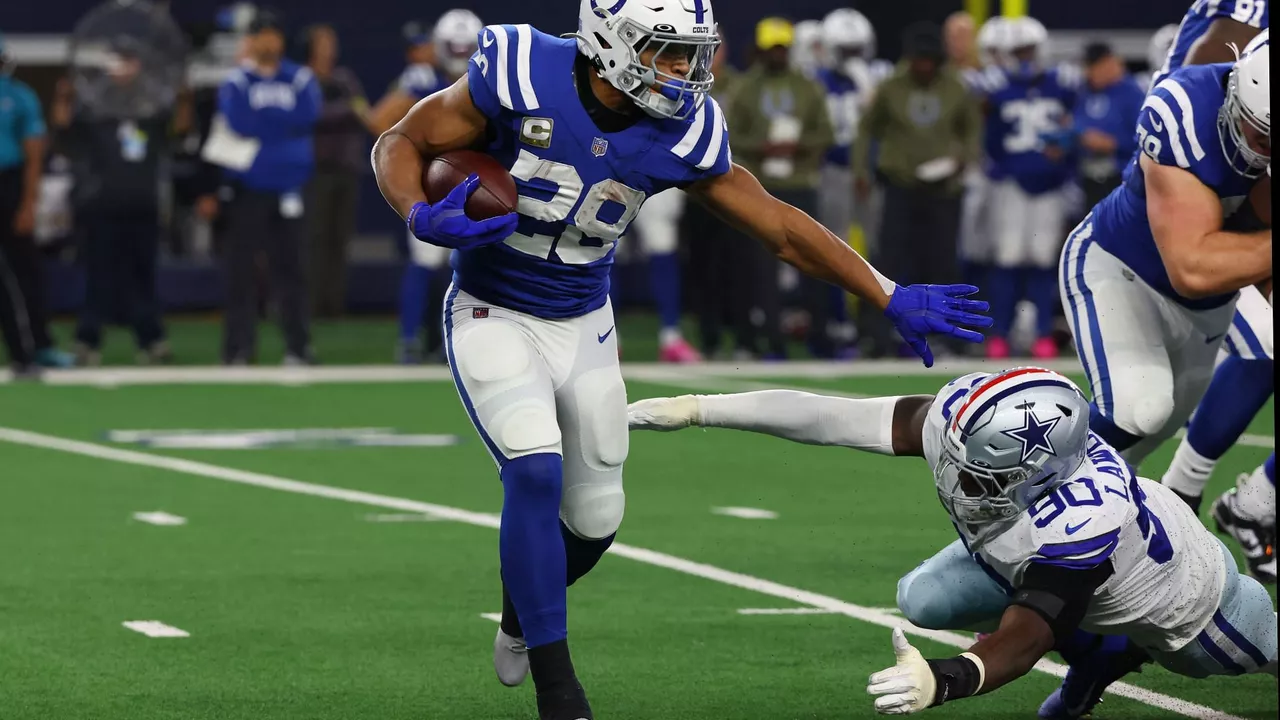Why is the NFL season so short?

Understanding the NFL Season Structure
Many people wonder why the NFL season is so short compared to other sports. To understand this, we need to first understand the structure of the NFL season. The regular NFL season lasts for 17 weeks, during which each team plays 16 games with one bye week. This may seem short, but it's essential for maintaining the physical and mental health of the players.
The NFL season is divided into preseason, regular season, and postseason. The preseason is a series of exhibition games that happen in August, followed by the regular season which runs from September to December, and finally the postseason (the playoffs) in January culminating in the Super Bowl in February. This carefully structured timetable is designed to provide maximum entertainment while also ensuring the players get adequate rest and recovery time.
The Physical Demands of Football
The physical demands of football are immense. It's a high-impact sport that requires strength, speed, agility, and endurance. Each game is a test of physicality, with players colliding with each other at high speeds. This level of physical exertion naturally leads to wear and tear on the body, increasing the risk of injury.
Due to these high physical demands, players need time to recover between games. This is why games are typically played once a week. The short season allows players to rest, heal, and prepare for the next game. A longer season would increase the risk of injuries and negatively impact the players' performance and health.
Mental and Emotional Strain
Beyond the physical demands, professional football also exacts a high mental and emotional toll. Players are under constant pressure to perform at their best, with their every move scrutinized by coaches, fans, and media.
The stress of the game, coupled with the physical toll it takes on the body, can lead to mental fatigue. The short NFL season is also designed to give players a break from this mental and emotional stress. A longer season would not only increase the risk of physical injuries but also lead to burnout and mental health issues among players.
Quality Over Quantity
The NFL is a business, and like any business, it's interested in delivering the best possible product to its customers - the fans. A shorter season means fewer games, but it also means each game is filled with high stakes and intense competition. Every game matters, which makes each one more exciting to watch.
With a longer season, the quality of play could potentially decrease. Players might get worn out, leading to more mistakes, less exciting games, and ultimately a less satisfying experience for the fans. The NFL has chosen to prioritize quality over quantity when it comes to the number of games in a season.
Financial Considerations
Finally, we can't overlook the financial aspect of a shorter season. More games would mean more revenue from ticket sales, TV rights, merchandise, and other sources. But it would also mean higher costs. Player salaries, stadium maintenance, team travel - these costs add up quickly.
The NFL has determined that a 17-week season is the optimal balance between generating revenue and controlling costs. It allows the league to make a profit while still putting a quality product on the field. A longer season may bring in more money initially, but the additional costs and potential decrease in quality could ultimately hurt the league's bottom line.
Conclusion: A Balance of Factors
In conclusion, the length of the NFL season is a balance of many factors, including player health and safety, the quality of the game, and financial considerations. While a longer season might seem like a good idea from a fan perspective, it wouldn't necessarily be in the best interest of the players or the sport as a whole.
So while we might wish for a longer NFL season, we can appreciate the reasons behind its current structure. And as fans, we can savor each game, knowing that each one is a unique and special event in the world of sports.
- July 26 2023
- Maverick Sterling
- Permalink
- nfl season short duration american football season length
- 0 Comments
Written by Maverick Sterling
View all posts by: Maverick Sterling